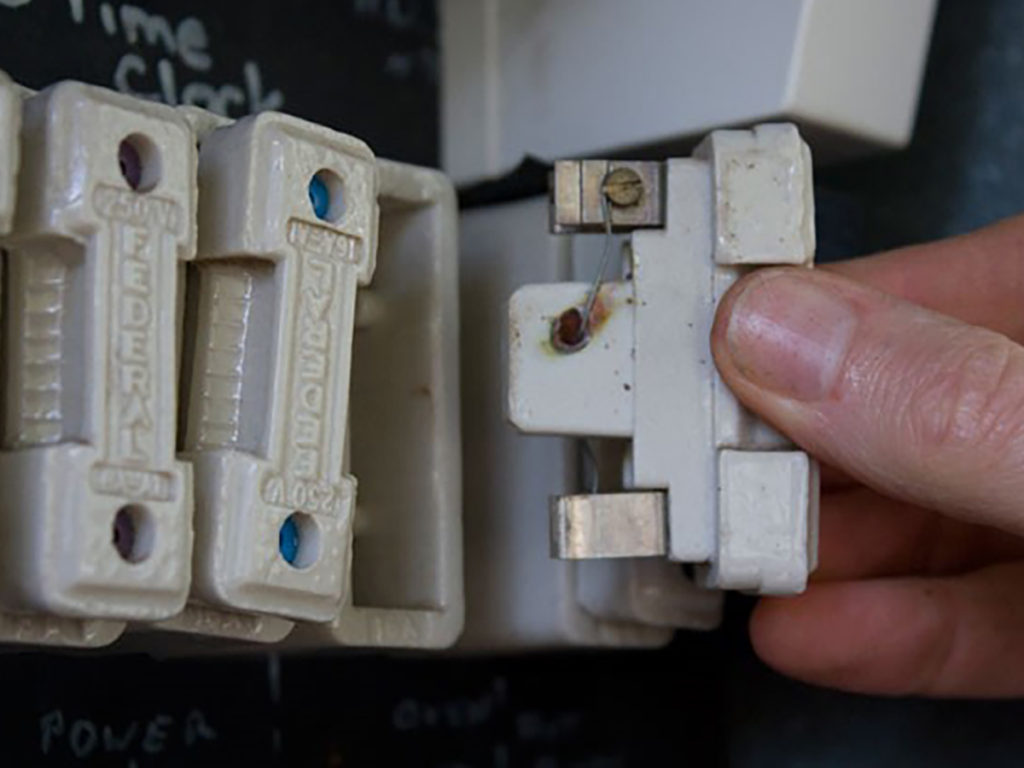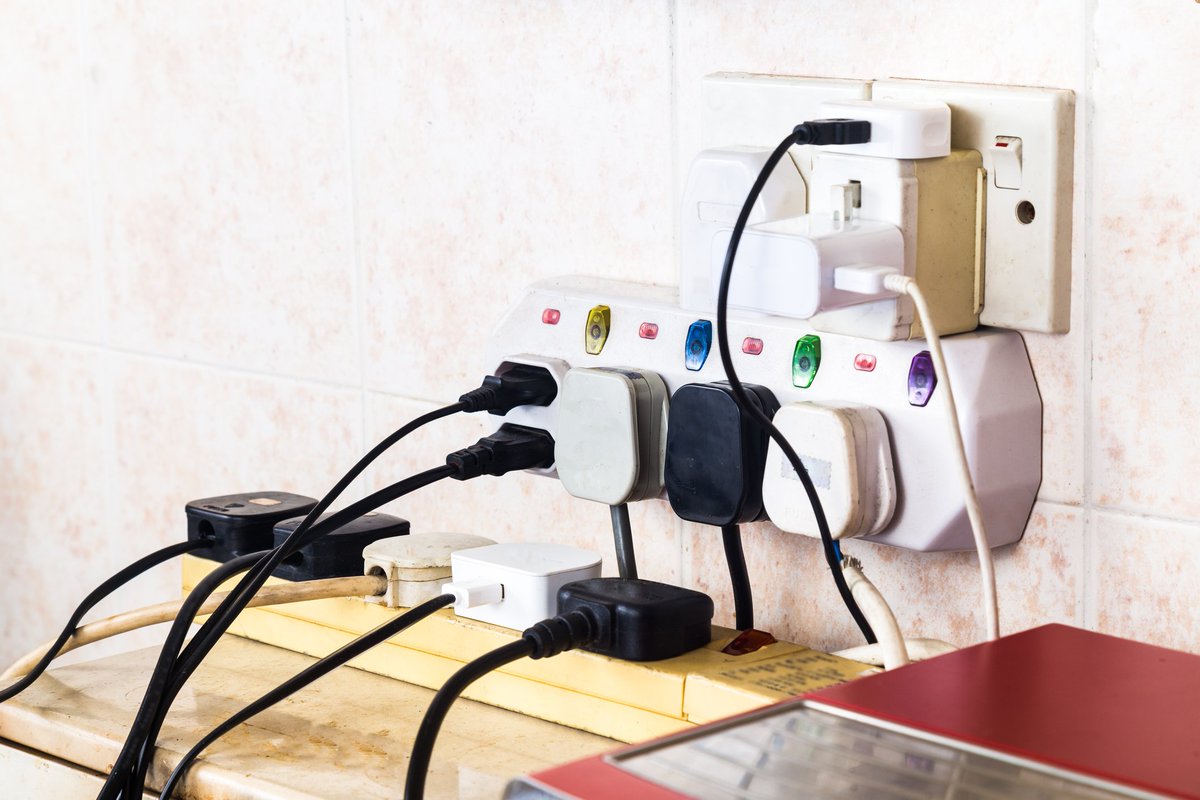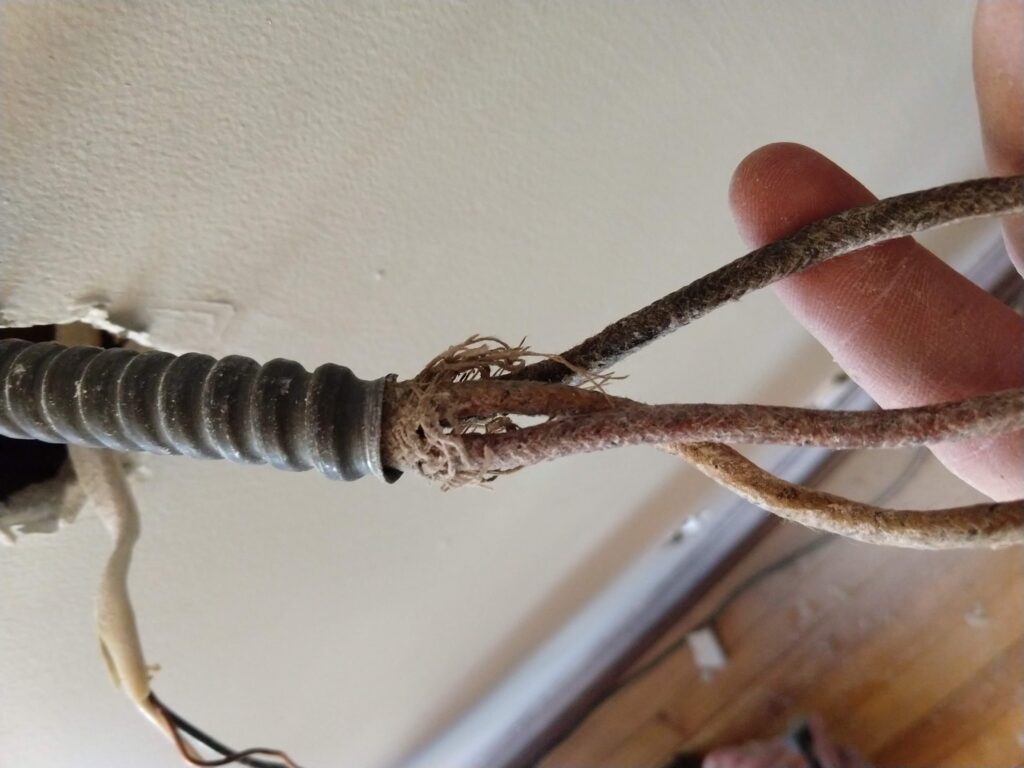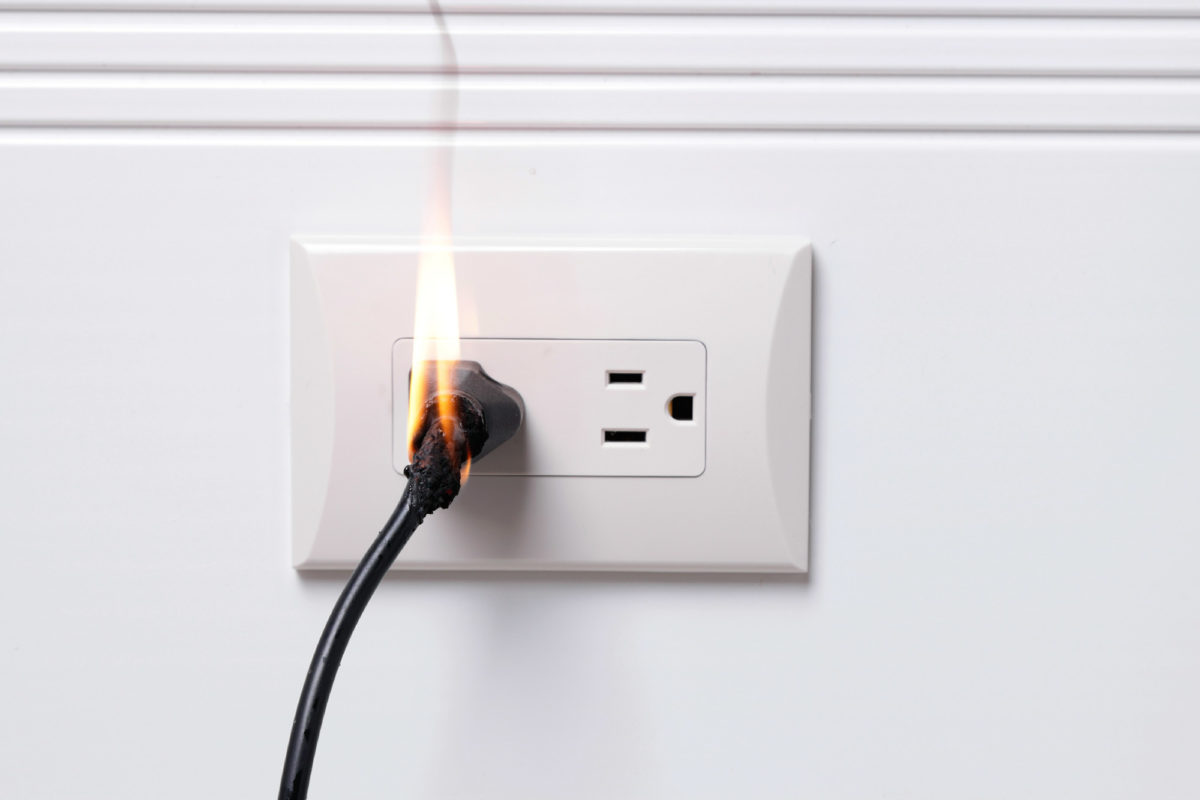Emergency Electricians Plumbers
8 Common Reasons for Blown Fuses
and How to Fix Them
Table of Contents
A fuse box, also called a consumer unit, is an essential component of every electric circuit, whether commercial or residential. It is a device that protects your electric circuit, components, and appliances. The essential components of a fuse box include a main switch, RCDs (Residual Current Devices), Circuit Breakers, and fuses. Fuses and circuit breakers are often used interchangeably and perform the same function. However, circuit breakers are considered more efficient and do not have to be replaced when they do their job. Fuses, on the other hand, are merely pieces of wires and are melted when overheated. Therefore, you have to replace them when they operate. So, what are the reasons for a blown or melted fuse? Here we have a list of the eight most common reasons, including:
- Old-fashioned Consumer Units
- Overloading Your Circuit
- Ground Faults or Short-circuiting
- Electrical Arcs
- Faulty, Damaged or Wrong Fuses
- Damaged or Old Wiring
- Damaged Electrical Components
- The Build-up of Moisture in Your Circuit
1. Old-fashioned Consumer Units
In the United Kingdom, two types of fuse boxes are used in residential properties. Old fashioned ones and modern ones. Many old properties in the UK still operate on old-fashioned consumer units which do not contain RCDs and circuit breakers. Many modern appliances and electrical components are incompatible with the old consumer units. When these appliances are run on the old system, the system may not be able to handle them and often results in one or more than one blown fuses. The old units, at times, may need help to control the amount of residual current and pass it through to your appliances which can burn them. Therefore, it is highly recommended to upgrade your consumer units.
Furthermore, regulations in many regions now demand that the consumer unit be upgraded to a modern one, including RCDs and circuit breakers.
2. Overloading Your Circuit
What is overloading? Your electrical circuit is built to handle a particular amount of current & voltage, together called wattage. You have an overloaded circuit when you use any appliance or many appliances together that have a higher wattage than your circuit. In other words, when you draw more power than your circuit is built for, your circuit will not be able to cope with it, and the fuse(s) will be blown to protect your appliances, at times they may blow out but not be able to save your circuit. This is why circuit breakers are the preferred choice of most electricians because they cut the circuit right away, while a fuse will take some time to burn out completely before cutting off the supply. Flickering lights, buzzing sounds, overheated plugs, burning smells, and damaged appliances are all signs of an overloaded circuit.
3. Ground Faults or Short-circuiting
Short-circuiting is considered to be one of the leading causes of electric fires. Technically it refers to a diversion in the true path of electric current. When current flows to a path which is not meant for it, there could be many reasons for this diversion, but the most common one is when naked wires of opposite currents get in touch with each other. This can also happen if your wiring is of low quality or is old, your electric accessories are damaged, or there is a high moisture content in your electric circuit. The fuse gets blown, or the circuit breaker trips to protect your electric circuit.


4. Electric Arcs
Current may jump a gap in an electric circuit or between two electric conductors (electrodes). Arcing may produce arc flashes where the current flow to an unintended path. The flashes produced can react with environmental elements such as gas or dust, resulting in electrical fires. More than 36% of flashes occur in electric enclosures and panels. The electric panels contain several connections, buses, and circuits. Therefore, arcing presents a severe threat and often results from overloading or overheating, which can damage the circuit breaker/fuse. A damaged circuit breaker or fuse will malfunction and allow electricity to flow instead of cutting off the circuit, leading to arcing. Possible causes of arcing include:
- Severed or Disconnected Wiring
- Damaged Wiring Insulation
- A Damaged Electric Cabinet or a Cabinet Exposed to External Elements
- Over-fusing, i.e., an Excess Number of Fuses in a Single Panel
- Faulty Electric Components or Equipment
5. Faulty, Damaged, or Wrong Fuses
At times fuses may simply burn because they are not the right type. Different capacities and configurations of fuses are used for different appliances and components; if they are not matched, they may not operate or get burnt. Damaged or low-quality fuses may burn more often and without any apparent reason. This can be dangerous and should be handled by an electrician. In the case of a circuit breaker, a wrong circuit breaker or one with a different configuration than required will also behave similarly.
6. Damaged or Old Wiring
British regulations and standards emphasise the quality of wiring in a property. The wiring of any property may be compared to that of the human nerves. There are hundreds of them, and all of them are connected one way or the other to the electric panel/consumer unit. All of them supply or return electric current. Most of the wiring in any property is concealed, making it risky because any problem, such as short-circuiting in the covered part, will not be visible to the naked eye. Short-circuiting or sparking can lead to electric fires, considered the most hazardous type of fire and can engulf everything in a matter of minutes. Your fuse box/panel should ideally work properly by burning a fuse or more if anything is wrong with your wiring. Frequent burning of different fuses indicates a strong possibility of faulty wiring needing replacement.
7. Damaged Electrical Components
Other electrical components, such as plugs, sockets, lights, etc., also play an equally important role in your electric circuit, and your fuses will often blow out because of them. If there is a loosely connected light, it will end up in sparking or short-circuiting, blowing your fuse. Damaged or loose sockets may not allow proper fitting of electric plugs and cause buzzing/sparking, resulting in a blown-out fuse. Damaged plugs will also be met with the same result. These components can also damage your appliances if you ignore these issues for long.


8. Build-up of Moisture in Your Electric Circuit
High humidity can affect your electric wiring and components. Moisture will react with the metallic wiring or components and corrode them. This can result in several problems, including short-circuiting, sparking, and damaged appliances. High humidity will also affect your appliances directly, as many of their parts are metallic. One way to control this is by installing a dehumidifier in your rooms or ensuring that your HVAC system is working properly. Proper ventilation and monitoring can help prevent the build-up of moisture.
Ensuring the Safety of Your Electrical Circuit
A majority of fire hazards in the world result from electric fires, and a majority of electric fires result from short-circuiting. Electric fires are also more challenging to put out and cannot be controlled with ordinary fire extinguishers. This is why they often result in widespread damage and loss of life.
Old Vs Modern Consumer Units
The old-fashioned fuse boxes or consumer units are outdated and do not offer the same protection level as modern ones. They are incompatible with modern appliances such as Electric Vehicle chargers. The fact that a fuse takes time to burn out, even if that time is a few seconds enough for an appliance to burn, makes them highly unsuitable for safety. Modern units with circuit breakers and RCDs provide a quick response to electrical issues and seldom fail in cutting off the circuit. They are definitely more expensive than fuses, but they also offer a much higher level of protection. They trip immediately when they detect a problem, such as overloading or overheating. There are no wire fuses to burn for cutting off the circuit, and therefore circuit breakers are more efficient. If you compare the cost to safety benefits, you will not find a modern electric panel to be any more expensive than an old one. Furthermore, modern units protect your costly and advanced electrical components and appliances. The benefits, therefore, outweigh the cost considerably.

